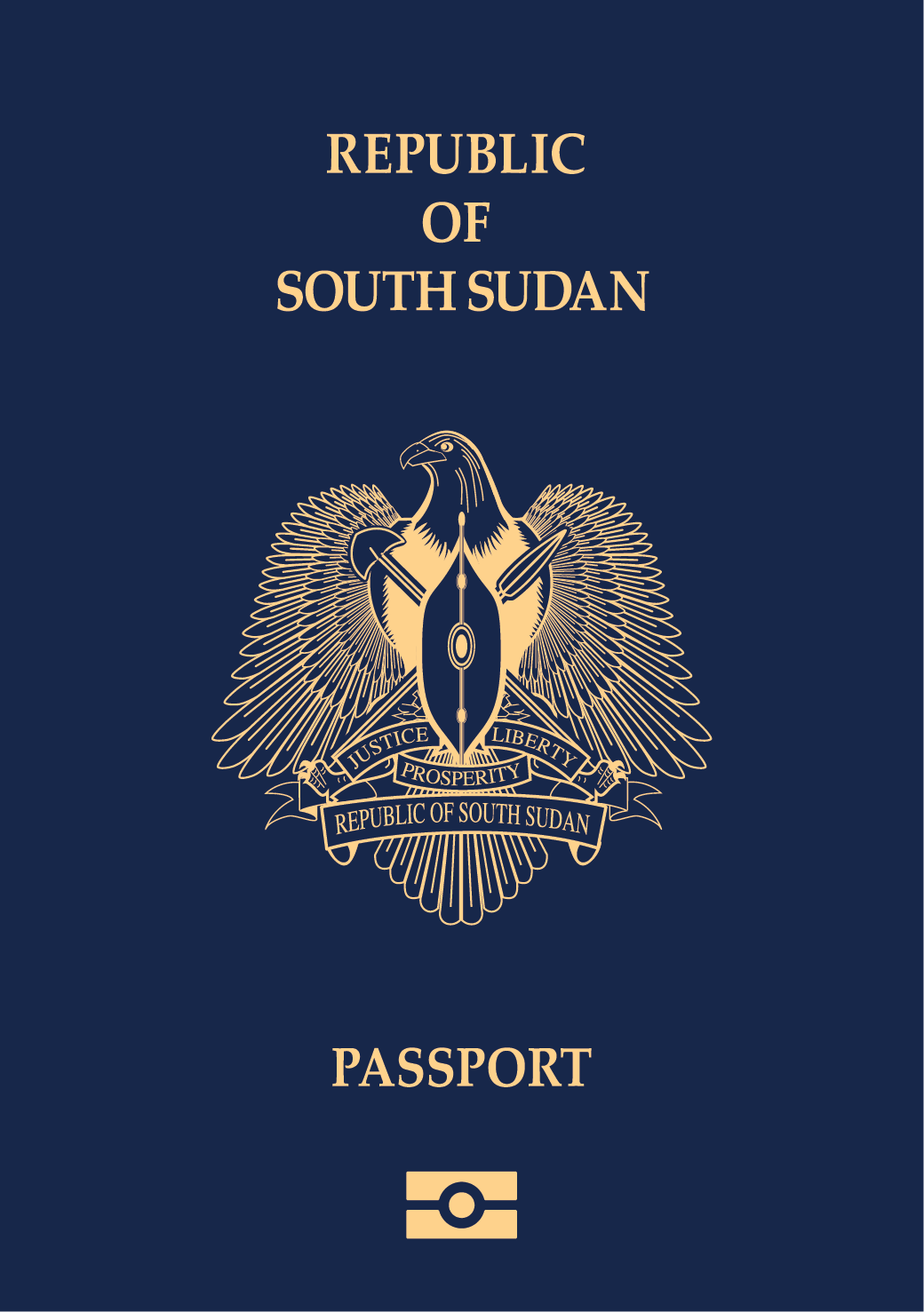Visa free access for South Sudan
As a South Sudan passport holder, you are permitted to travel visa-free to 43 countries and territories. This data is correct as of September 2024.
In order to travel visa-free, you will need a valid passport, often with at least six months until expiry. Additionally, you may need travel insurance, as required by your destination country.
Within these countries, there is often a separate section in airports where you can submit your Visa on Arrival. You will receive your visa on arrival (VOA) after entering the country that issued the visa.
Acquiring an eVisa follows the same process as applying for a traditional visa. The main difference with an eVisa is that you don’t need to visit a visa application centre. You can submit your application online, including making any payments relating to the visa.
Once the relevant authorities approve your application, you will receive a confirmation email regarding your visa status, along with a document that you must print and bring with you when crossing the border.
You will need a valid visa to enter the 43 countries with a South Sudan passport.
About South Sudan
South Sudan, located in East-Central Africa, is the world’s youngest nation, having gained independence from Sudan in 2011. It is a landlocked country bordered by six nations, including Ethiopia to the east and Uganda to the south. Its population is estimated to be around 11 million, comprising more than 60 different major ethnic groups, each with its own languages and cultural traditions, making it a diverse and multicultural nation.
The climate in South Sudan is tropical, characterized by a rainy season and a dry season. The rainy season, from April to November, is followed by a dry period that lasts from December to March. Despite the harsh climate, the country is endowed with a rich variety of wildlife, including elephants, giraffes, and lions, and is home to several national parks and game reserves.
South Sudan’s economy is predominantly agricultural, with the majority of the population engaged in subsistence farming and animal husbandry. Oil production also plays a significant role in the economy, contributing a substantial proportion of the country’s GDP and foreign exchange earnings.
Despite its natural wealth, South Sudan faces numerous challenges, including ongoing conflict, underdevelopment, and a lack of infrastructure. However, the country’s rich cultural diversity, natural beauty, and vibrant traditions make it a unique destination with immense potential for growth and development.

 South Sudan
South Sudan
































































































































































































































